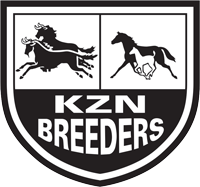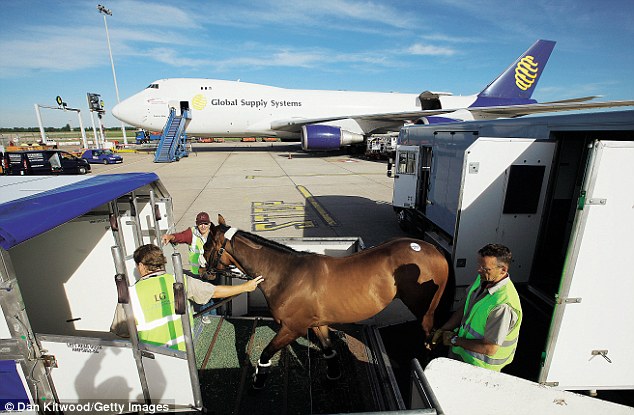– by Mick Goss
Let’s face it, it was tough going at the National Yearling Sale, more so on the third day. There were those who complained that the market could not take more than 600 horses in a matter of a fortnight, and there was probably some truth in it.
Others complained about the sale being sandwiched between an extra-long weekend and a big race meeting, and there may be a modicum of validity there as well. But the actual truth lies in the state of the nation and the realities of the national economy. The world over, economists are talking about “green shoots”, yet the cabinet reshuffle and a business confidence index that plunged a whopping 7 percentage points on the eve of the sale would’ve had many an investor shoving his wallet back into his sky rocket.
That political events are quickly moving towards a tipping point and a likely resolution to all the excitement, will only console South Africans in the months ahead.

The other side of the balance sheet though, was a somewhat surprising average at the sale of R303 726.00 and a total turnover of R112 075,000 which, coupled with the CTS outcome of ten days before, realised a not insubstantial combined aggregate of R153,754,000 (combined average of R310,928).
I guess most of us would’ve taken that with both hands ahead of the time, knowing the political shenanigans going into the sale and the lessons history has taught us when comparable circumstances conspired against the outcome in years gone by. Hard as it was, it was better than most of us had anticipated, and while the news will be greeted differently from farm to farm, it’s the overall resilience of the thoroughbred economy that matters in the end, because we all know it’s about swings and roundabouts, and the clouds are gathering a bit of a silver lining.
There’s at last a good bit of light at the end of the tunnel on the export front.
Those who’ve followed the processes our task team is engaged in for the normalisation of our protocols, will know that in the eyes of the international veterinary community, our veterinarians and doctors have pretty much “nailed” the science; it’s the political battle now that will win the war.
While every horseman is itching to know how far we’ve come in the discourse with potential trading partners, it’s probably as well to maintain a semblance of confidentiality at this stage, lest we forewarn those who might wish to meddle. Suffice to say, in several jurisdictions of the world, the political and commercial will to trade with South Africa in thoroughbreds has come full circle, buoyed in no small measure by the money our bigger domestic players have spent in foreign markets and the relationships they’ve developed with major players in those realms.
It helps, of course, that our horses have performed internationally as well, and it helps that historically we’ve exported close on half a million horses to various parts of the world, the bulk of them before there was any mandatory form of quarantine, without ever exporting horse sickness to any of the recipient nations.
There will be those who point to the fact that by nature, I tend towards optimism, but there will be others who are comforted by the words of Professor Ian Sanne, who returned during the week of the sale from a ground-breaking meeting in France involving the commercial development of a new set of vaccines. While the vaccines are not independently critical to the normalisation of our protocols, they will nonetheless decisively enhance the path into the future, and the mere fact that there is now a measure of international co-operation in getting these over the line, is another indicator that the world is developing a receptive response to South Africa’s export initiatives. It is symbolic that this meeting took place in France, where the outcome of their Presidential election this past weekend was good for the future of the European Union. Our present protocol lies with the powers in Brussels, and it’s telling that a prominent French breeder just a week ago echoed his conviction that the European Union will also revisit the terms of our export relationships with them before year end.
Besides, our most recent interventions are in line with the guidelines prescribed by the OIC, the body which regulates the movement of livestock across the globe, so it seems that all the portents are realigning themselves favourably for South Africa, thanks in no small measure to the tireless work of the task team. We know that timing in matters between governments is always about the length of a piece of string, but with the forces at work now, I would be pretty bullish that we’ll have something concrete in place by December, in which case, it won’t matter who’s president; Guptas or no Guptas, the breeding and racing of thoroughbreds in South Africa will at long last be on its way down the “yellow brick road”.



